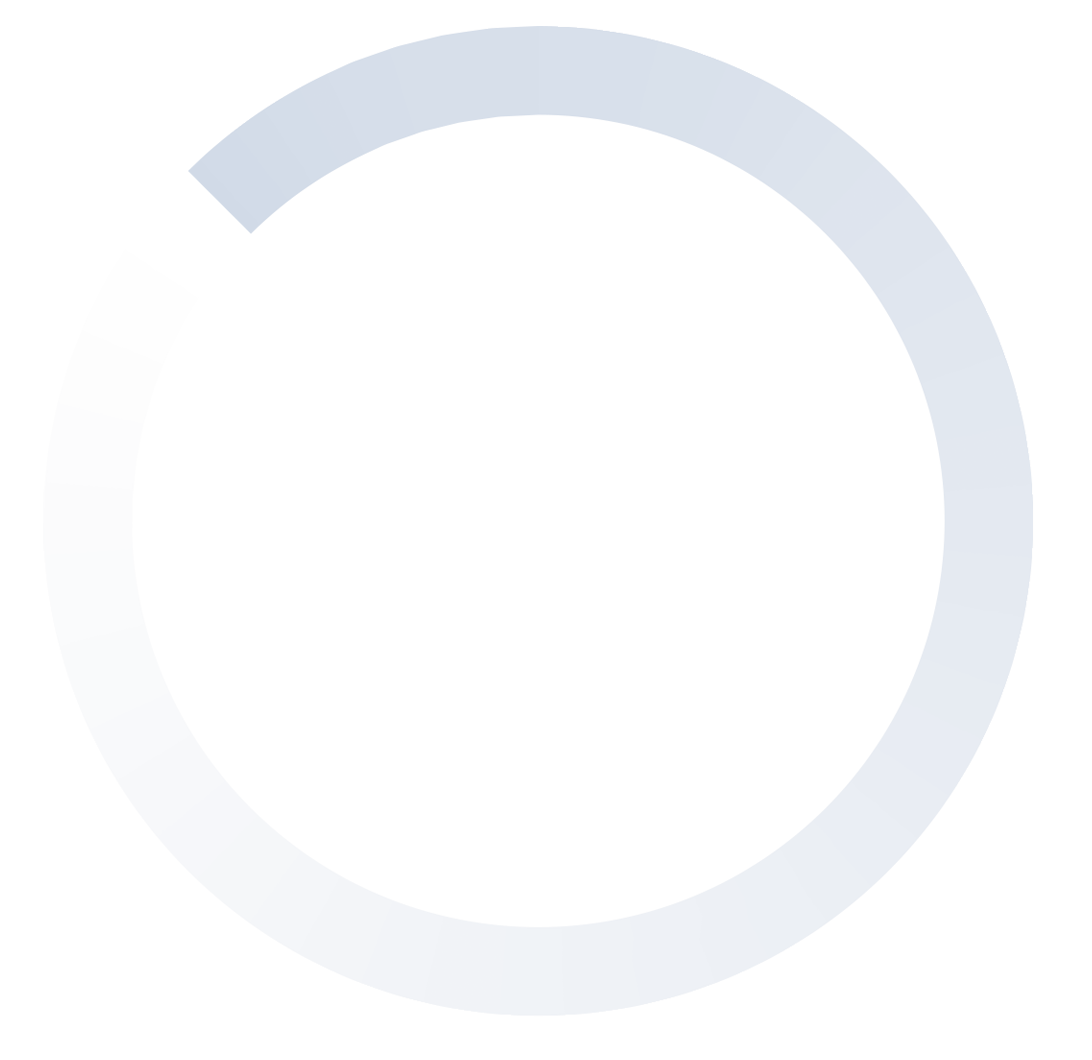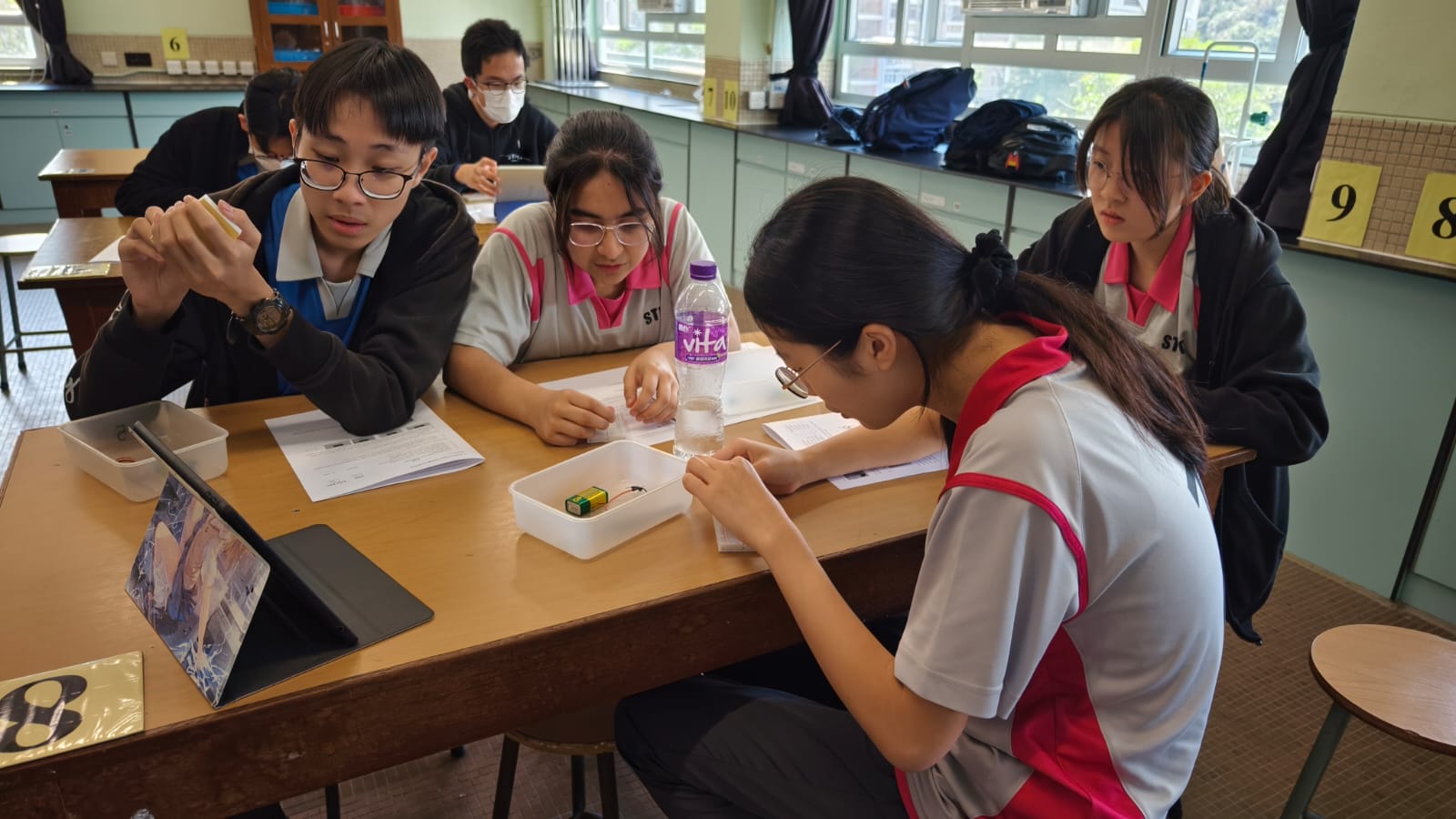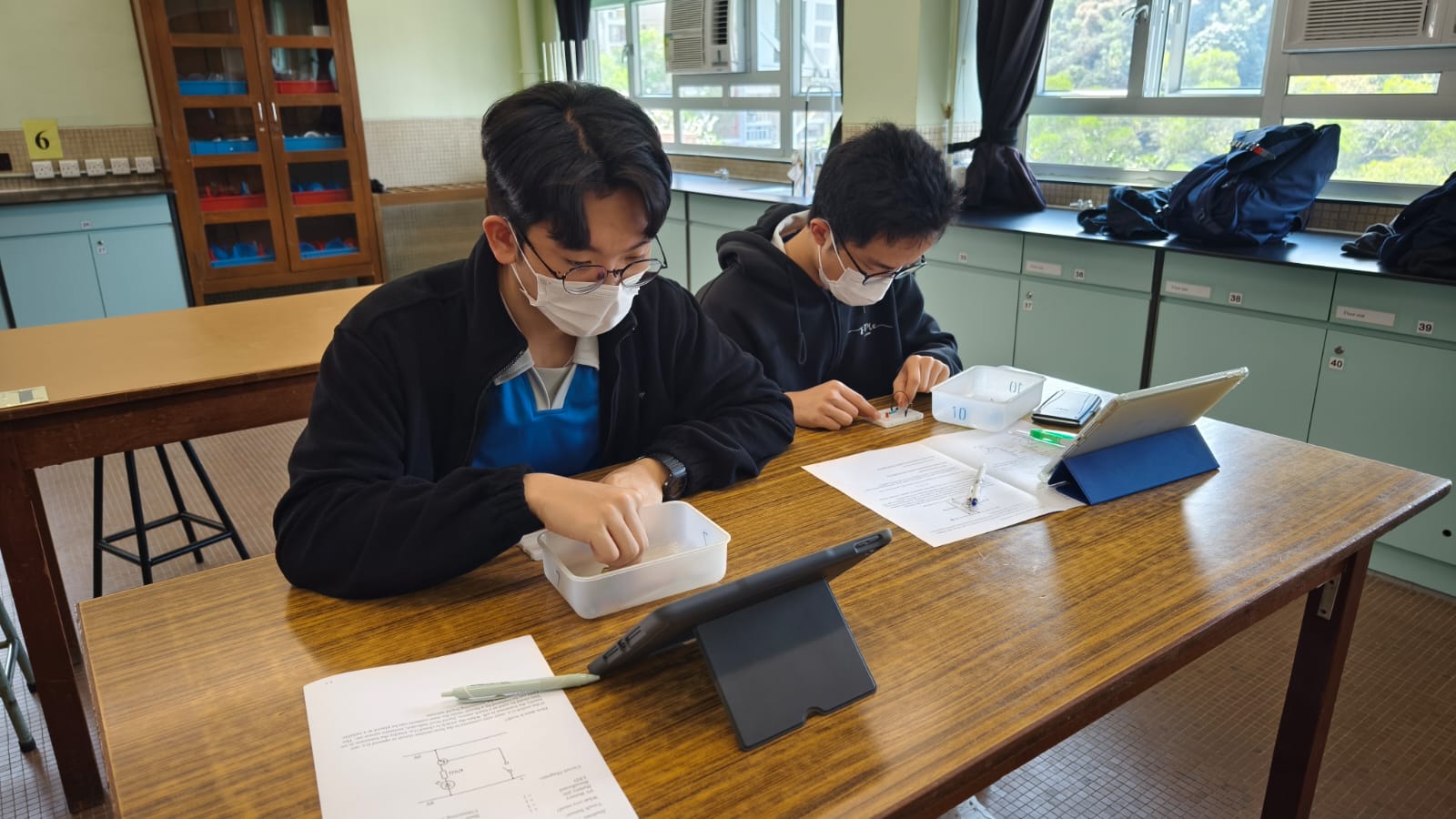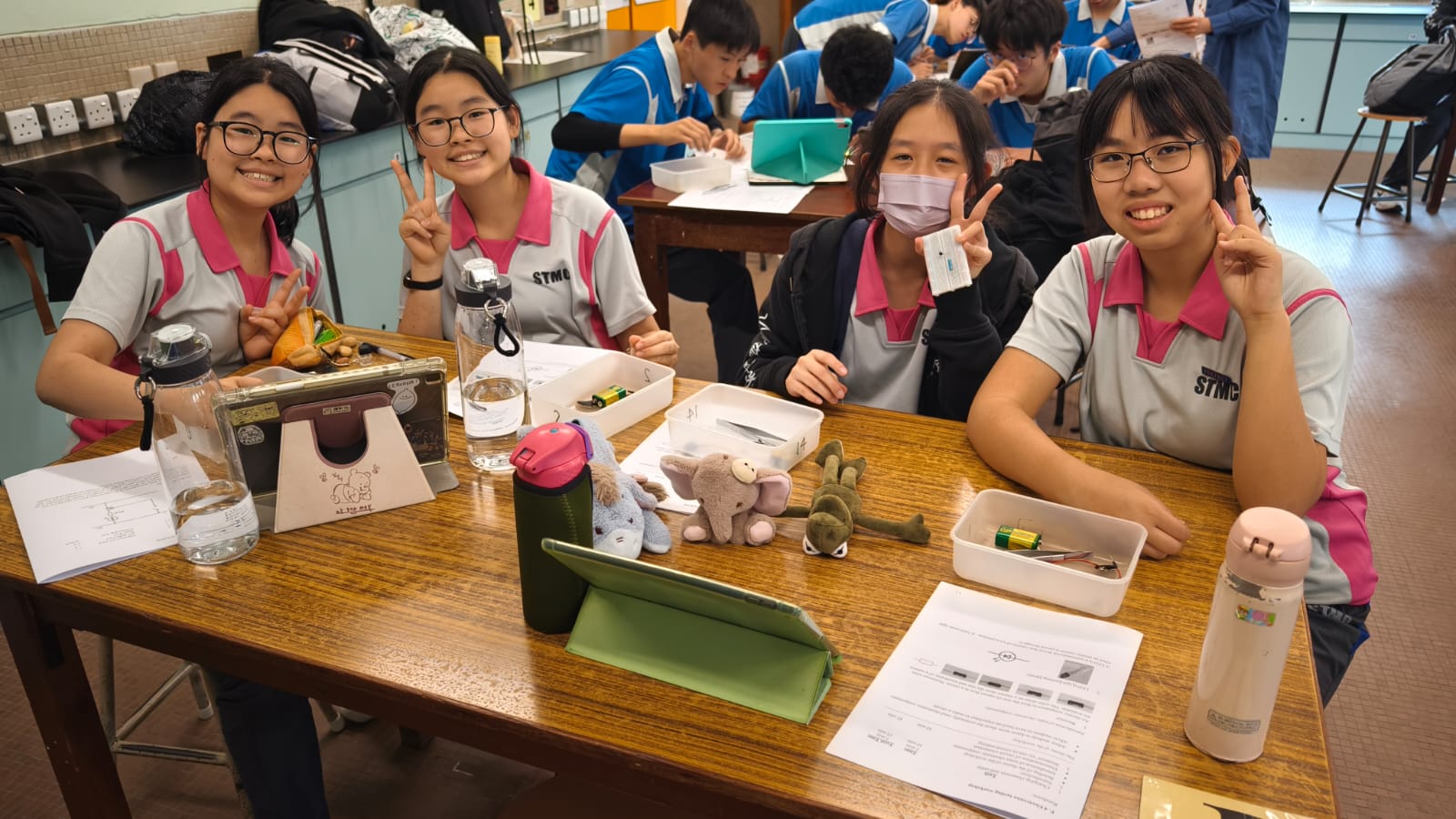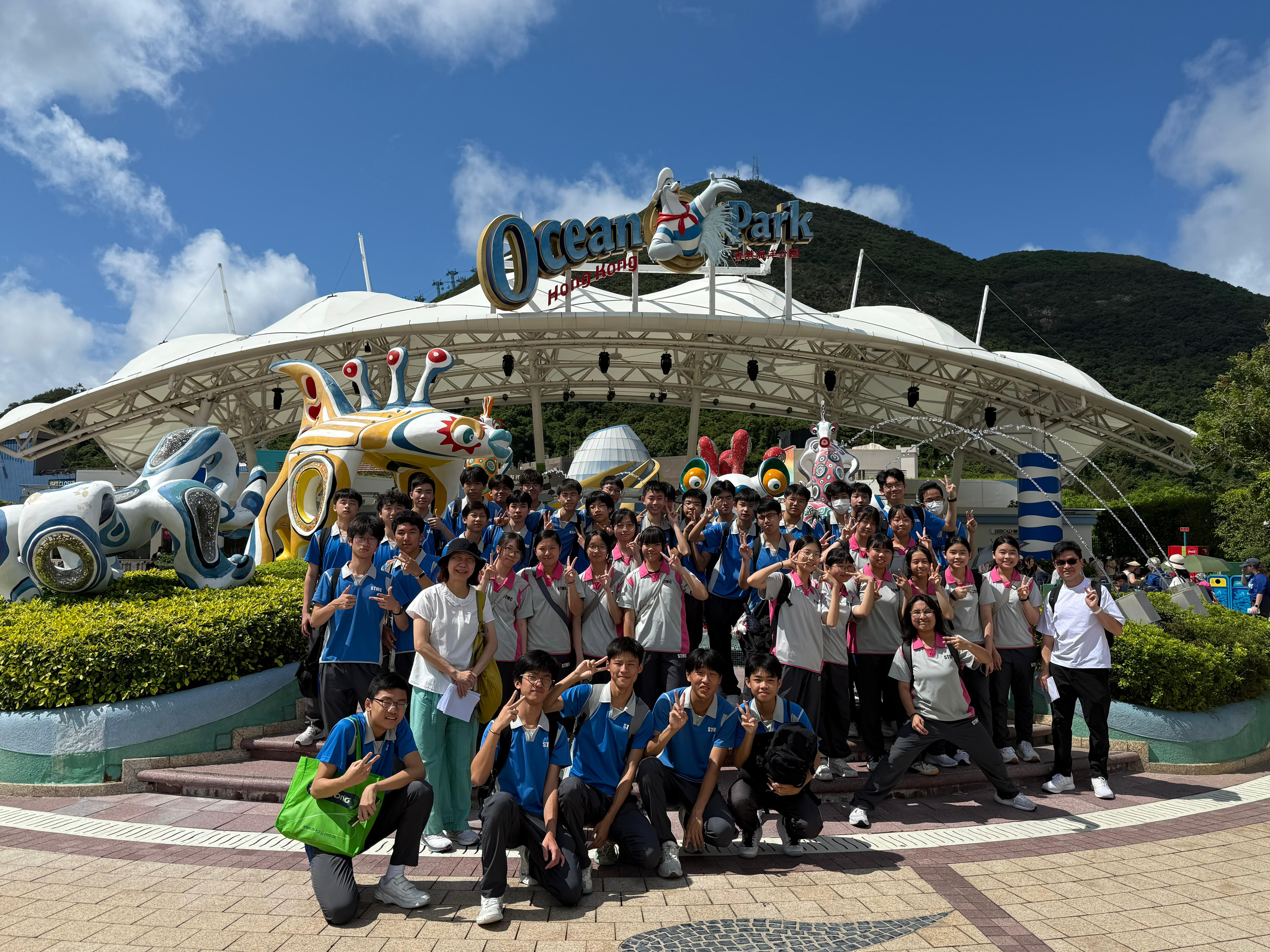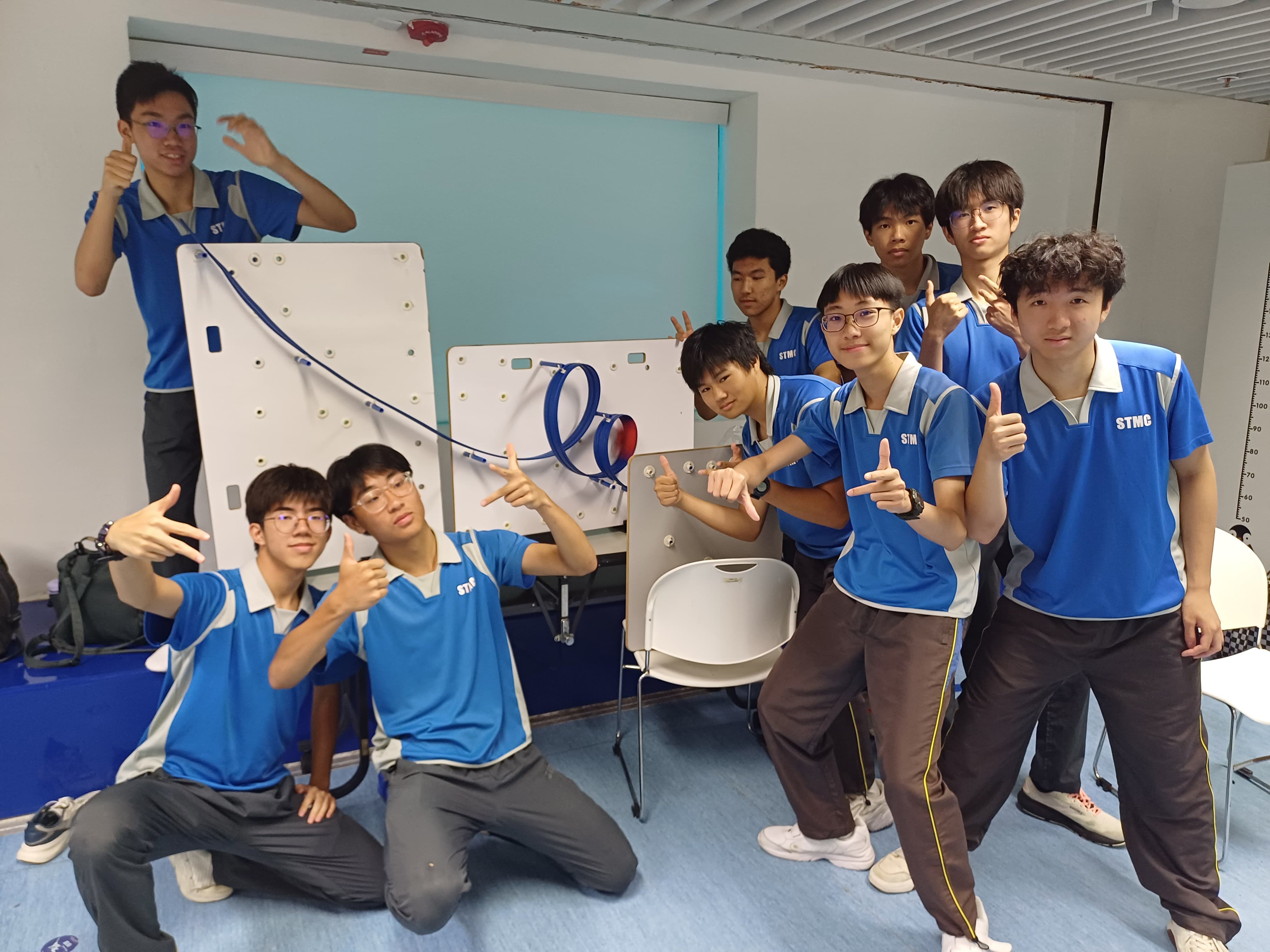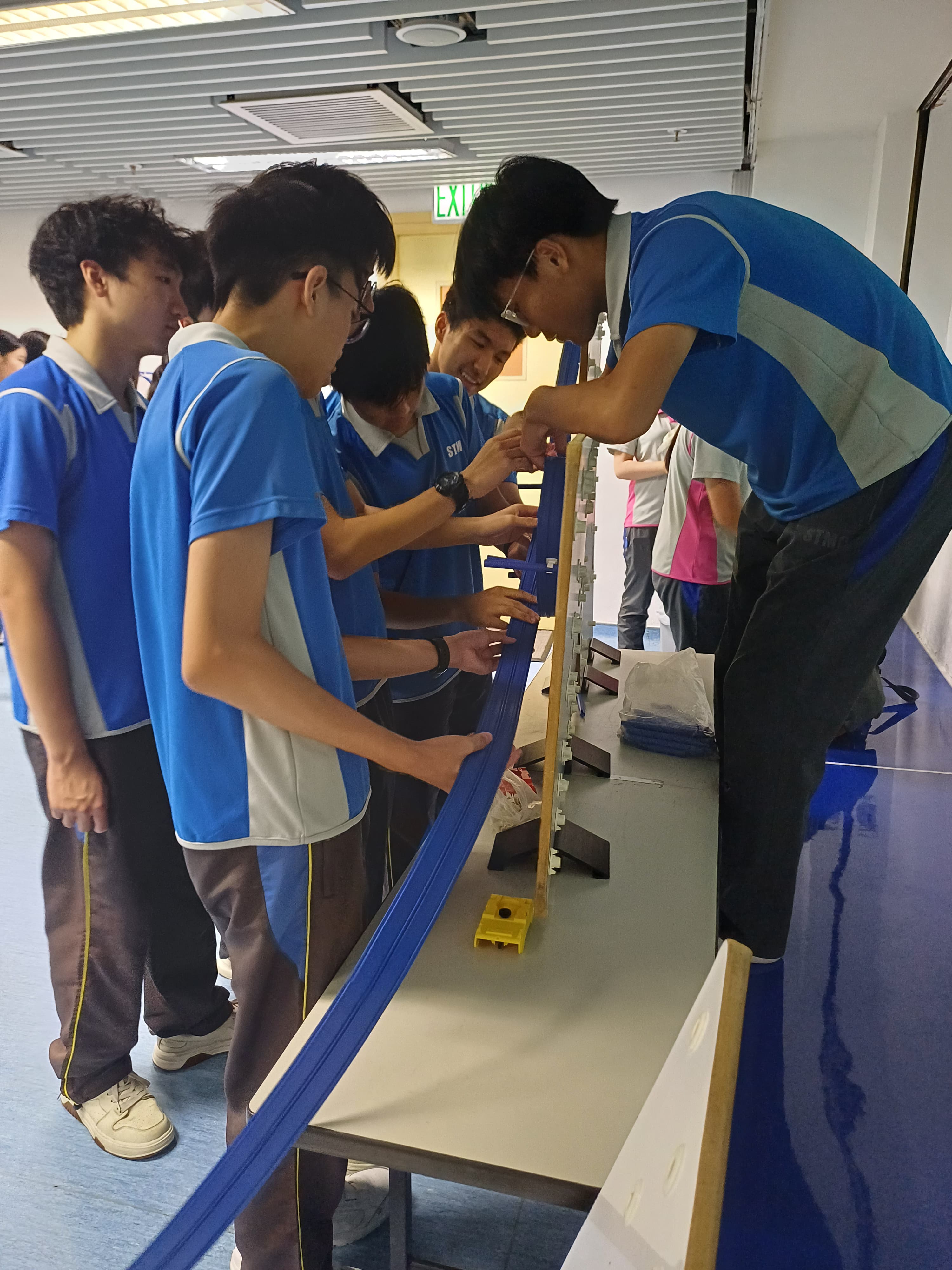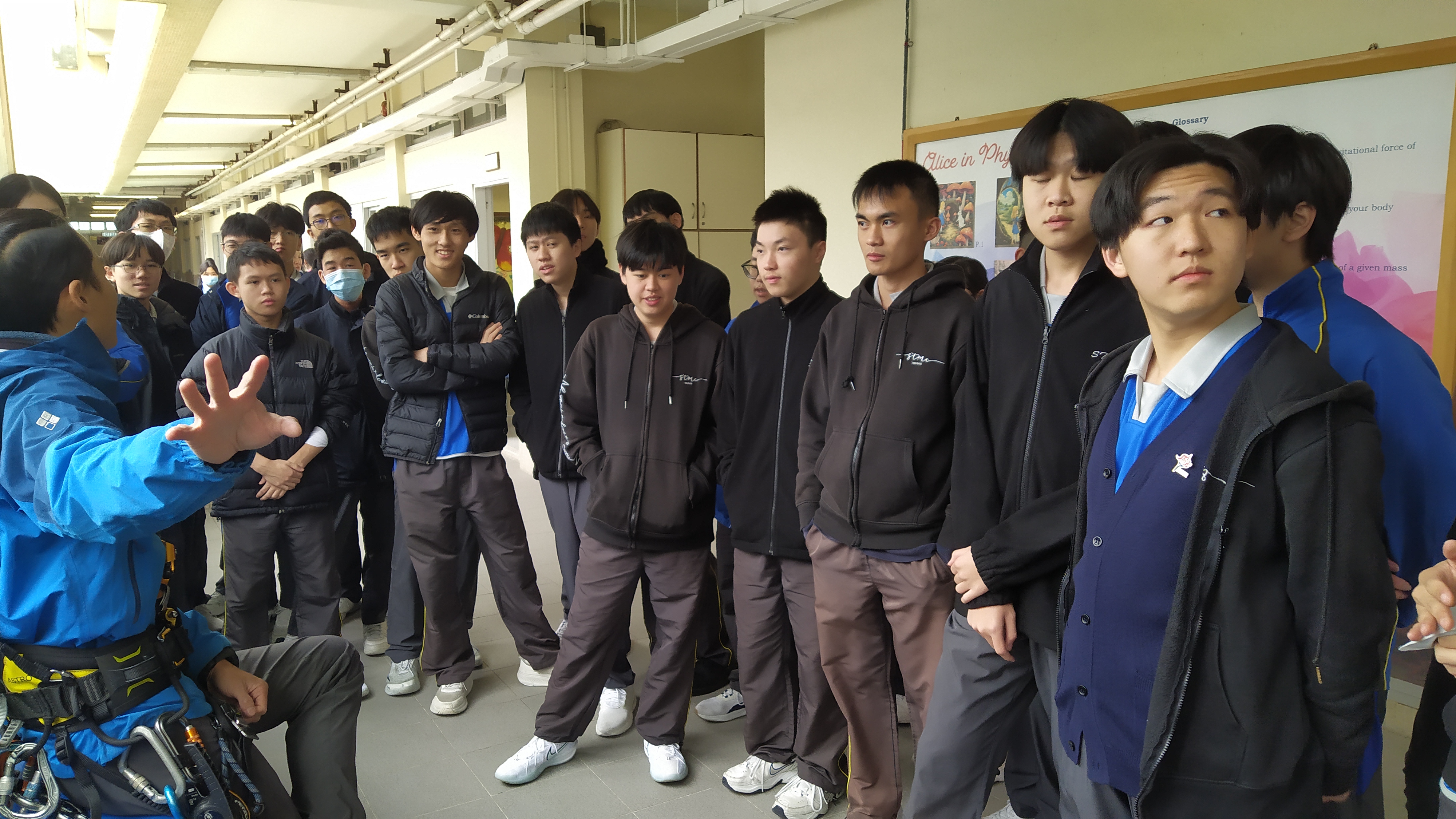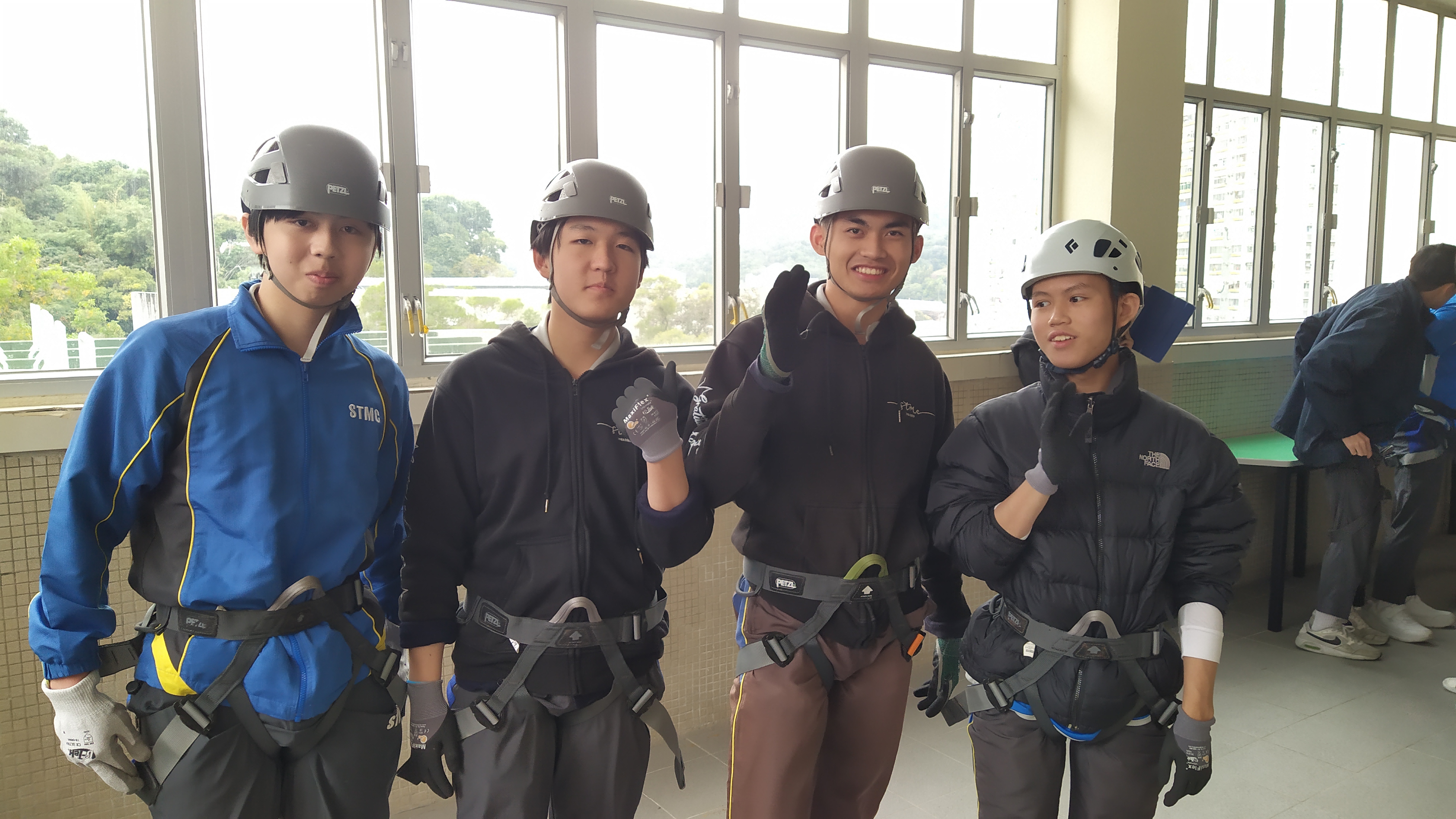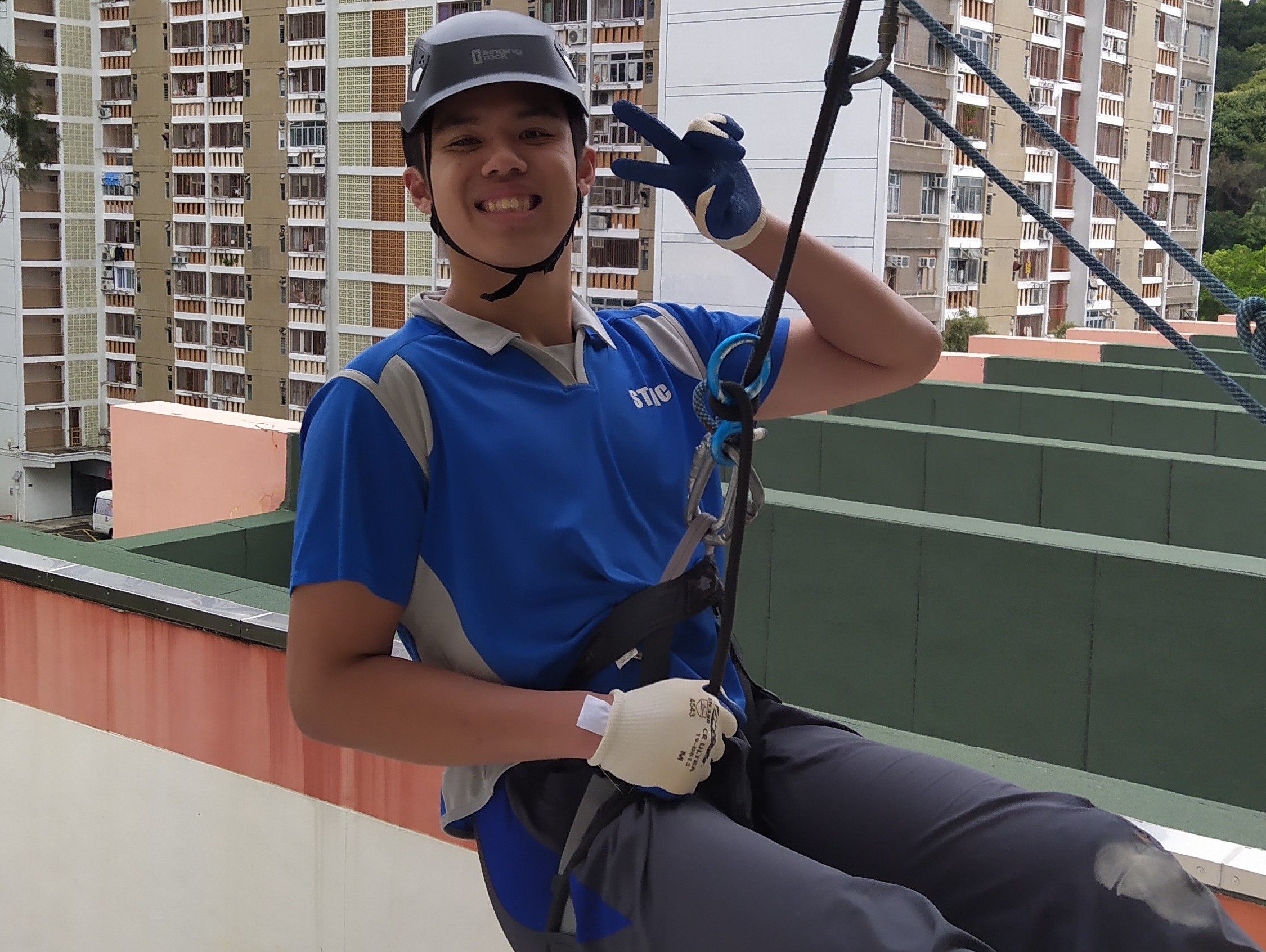Aims
- To develop in students the ability to understand the fundamental principles and concepts of physics and its methodology.
- To develop students’ skills relevant to the study of physics: scientific investigation, problem solving, experimental technique, collaboration, communication, mathematical analysis, information searching and processing, analytical and critical thinking and self-learning.
- To develop in students an appreciation of the nature of physics, the theoretical and current developments in physics.
Objectives for the year
- Equip our students to master 21st-century global competencies and transform them into future-ready individuals.
- Through Social Emotional Learning, cultivating students' intrapersonal and interpersonal competencies enhances well-being, and equip for the future.
- Strengthening our teachers through professional learning communities to meet the future educational needs of our students.
Members
M.K. Lam (Convenor), T.S. Chan
New Senior Secondary
Learning Scope:
This curriculum consists of compulsory and elective parts. The compulsory part includes the following topics: “Heat and Gases”, “Force and Motion”, “Wave Motion”, “Electricity and Magnetism” and “Radioactivity and Nuclear Energy”. The content of the compulsory part consists of two components, core and extension. The core is the basic component for all students whereas the extension component is generally more cognitively demanding. The topics in elective parts are: “Astronomy and Space Science”, “Atomic World”, “Energy and Use of Energy” and “Medical Physics”. Two out of these four will be chosen according to the preference of students and subject teachers. An investigative study will be included in the curriculum. This is an inquiry-oriented activity to provide students with direct exposure to experiences that reinforce the inquiry nature of science.
Purpose:
The compulsory curriculum covers a range of content that enables students to develop understanding of fundamental principles and concepts in physics, and scientific process skills. The elective part aims to provide in-depth treatment of some of the compulsory topics, an extension of certain areas of study, or a synthesis of knowledge, understanding and skills in a particular context. The investigative study aims to provide students with an opportunity to design and conduct an investigation with a view to solving an authentic problem.
Learning mode:
Learning may take place in various ways, for example through direct instruction, involvement in a learning process or co-construction of knowledge. For instance, in an authentic investigation of means to verify the independence of vertical and horizontal motions of an object under projectile motion, much of the learning can take place through direct instruction in combination with co-construction. Students can learn about common methods used for verification through direct instruction by the teacher; while new knowledge can be co-constructed through interaction between students and teacher to explore innovative methods and tools used for this purpose. The roles of teachers and students change in accordance with the objectives and types of learning activities. Teachers’ roles can range from being transmitters of knowledge to acting as resource persons, facilitators, consultants, counsellors, assessors, and very often a mixture of some of these. In some contexts, students may be attentive listeners, while in others they need to be active, independent and self-directed learners.
Pre-requisite:
Students are expected to:
-
possess positive values and attitudes such as curiosity, honesty, respect for evidence and perseverance;
-
have a habit of self-reflection and the ability to think critically;
-
be willing to communicate and comment on issues related to physics and science.
Assessment:
There will have both internal and public assessment. Internal assessment refers to the assessment practices that teachers and schools employ as part of the ongoing learning and teaching process during the three years of senior secondary studies. Public assessment refers to the assessment conducted as part of the assessment process in place for all schools. Career consideration: Training like critical thinking, information handling and interpreting enable students to prepare themselves for their future career paths.
Highlighted Activities
